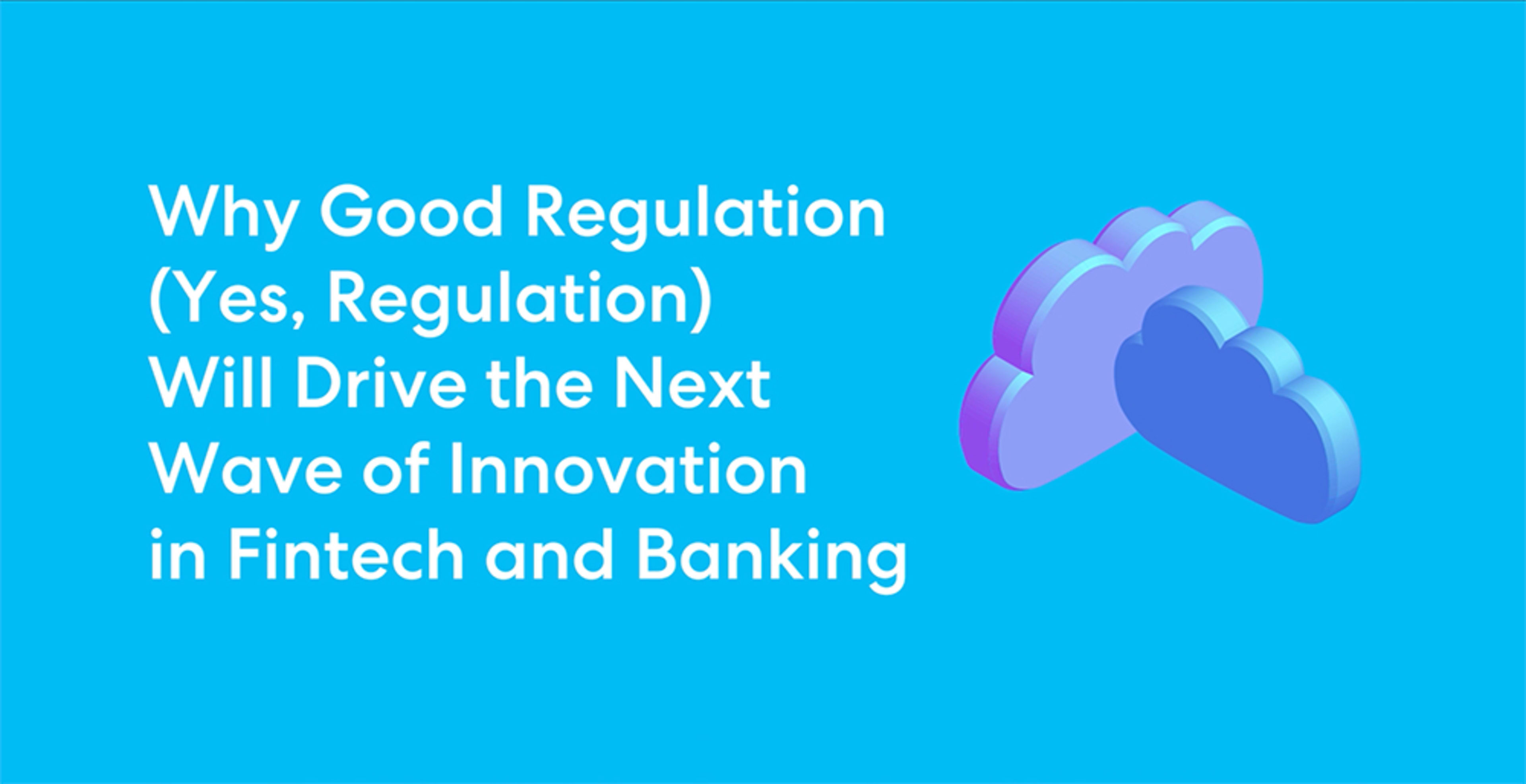In the technology world, the word regulation may scare developers and companies looking to launch new tools. Most want to keep consumers safe, but some fear innovation will be stifled by regulation—or the lack thereof, especially in emerging spaces like fintech and digital assets. The newness and complexity of these sectors means policy development can take a long time and much longer than the speed with which the technology is evolving.
That’s why companies are craving guidelines from regulators: When they know the parameters that will be required to stay in compliance, they can invest time and money into the innovations that will push forward fields like fintech and crypto. Experts discussed what good regulation looks like, how cloud advancements are playing a role, and more during IBM’s “Future of Hybrid Cloud” virtual event in partnership with Fast Company. Here are three key takeaways:
1. Companies are clamoring for clarity.
The panelists acknowledged that developing good policy for quickly evolving spaces—particularly when they combine complicated technology and sensitive financial data—is not easy. “We are dealing with people’s money and information, two things that are very personal and emotional to everybody,” said Aly Farooqui, chief risk officer of IBM Financial Services Cloud. “As we’ve seen with the recent shutdown [of Silicon Valley Bank] by regulators, we need sound, practical, and enforceable guardrails. When those guardrails are defined pragmatically, organizations can move faster to innovate rather than seeing regulation as a barrier.”
All four experts emphasized that most organizations won’t feel comfortable investing in fintech, crypto, and digital assets until they’re clear about what those guardrails do and do not allow. “Clarity, clarity, clarity,” said Gabe Rosenberg, partner at international law firm Davis Polk. “I’ve spoken to so many in the digital asset space who just want to know what they can and can’t do. They don’t want to put in a bunch of investment, time, and money into a project and then be told, ‘You can’t do this’—or even worse, be told regulators are coming after them with enforcement action.”
2. The U.S. is lagging behind other countries in fintech regulation.
Goldman Sachs’ Mat McDermott, who has helmed the bank’s digital asset business since 2020 and has been part of exploratory fintech policy discussions with United Kingdom authorities, is heartened by the regulation advances he’s seen in some countries during the last three years. In particular, he sees Switzerland, Singapore, and the European Union leading the path for fintech regulation, with “fast followers” including the U.K., Hong Kong, and Dubai. He mentioned how the U.K. is leveraging “sandbox” experimental environments, allowing companies to develop tools so they’ll be ready to be released to the public when regulatory clarity comes to pass.
“We’ve got a very good cadence globally with the different regulators, and that symbiotic relationship . . . naturally helps in terms of investment and innovation,” McDermott said. “The context is making sure the regulations aren’t scary and that they’re providing a backdrop that allows innovation and investment. From there, one would love to have a globally harmonized set of regulations.”
But laggards—notably including the United States—may make that difficult. “What we’re seeing in the U.S. is what people are calling regulation by enforcement—going after various digital asset firms for violating laws that, frankly, firms didn’t know they were violating,” Rosenberg said. “And that has stifled innovation. Unless it’s done a different way going forward, I think it’s really going to put the U.S. back compared to the rest of the world in these spaces.”
3. Cloud services are helping push fintech innovation—and regulation—forward.
Troy Leach, chief of the strategy office at the Cloud Security Alliance, has worked in regulation development for 20 years and helped establish security standards that still govern cloud today. He saw firsthand how regulatory clarity helped fuel innovation like point-to-point encryption, tokenization, and other technologies that make cloud possible—and how cloud, in turn, is making it possible for smaller companies to innovate in fintech.
“What I love most about cloud is it lowered the barrier to entry, because historically, to be able to participate in the traditional financial ecosystem took quite a bit of capital,” he said. “What cloud offers is not only scale, but all these resources to build security innovation into their solutions.”
Bringing the conversation back to regulation, Leach noted that cloud also enables services like automatic tagging of sensitive data that must be protected, separated, and kept confidential.
IBM’s Farooqui recommended that business leaders learn to “understand regulations at a level where you can assess impact to your business objectives. I keep coming back to that in every discussion: It’s critical to make informed decisions, do it early, and do it often. You don’t have to become an expert in regulation, but you need to know what the regulators are looking at and the requirements that will impact you throughout your journey.”
To learn more and watch the entire panel discussion, please click here.
Recognize your brand’s excellence by applying to this year’s Brands That Matter Awards before the early-rate deadline, May 3.
